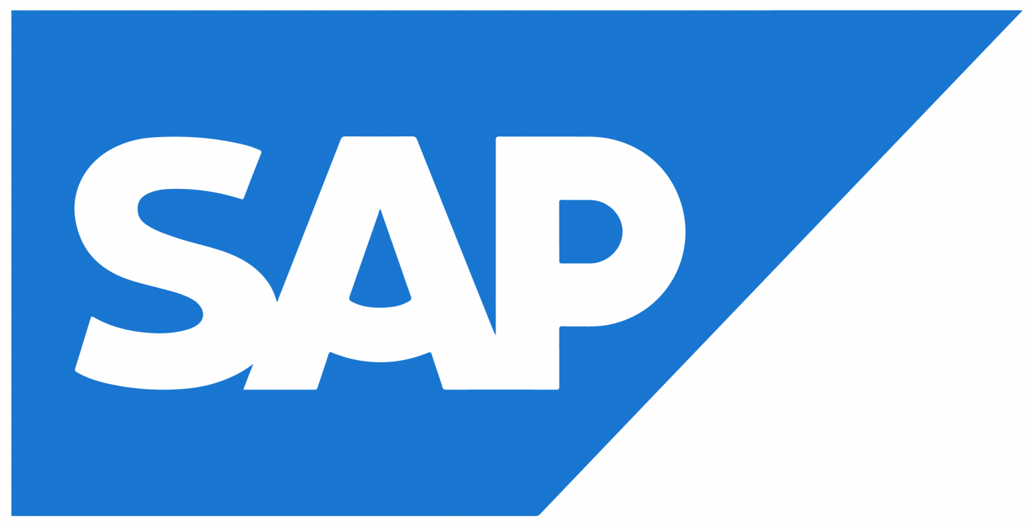My job in the Investors Relations department at SAP
In this article, Micha FISHER (University of Mannheim, MSc. Management, 2021-2023) shares his experience as an employee in the Investors Relations department at SAP, Europe’s largest software company.
SAP
SAP is a curious case within the DAX 40 index. Unlike many of the well-known German enterprises, it is not a company built around the automotive sector, machinery, or chemicals. Instead, SAP is one of the very few European software companies, that can match the dominant players from the USA.
SAP

Source: SAP.
However, SAP is not known for its consumer products, and its business is purely focused on the business-to-business (B2B) sector. As one of the leading providers of Enterprise Resource Planning (ERP) systems, SAP provides other companies with the opportunity to transform themselves into intelligent enterprises with integrated processes. Applications cover all possible business processes from supply-chain management to finance through supporting functions like human resources.
In the 2020s, SAP’s current main challenge is to transform its business and its large and international client base from mainly locally managed systems (on premise) to remotely managed systems (cloud services). This presents a great opportunity and comes with many benefits not only for SAP’s customers but also for SAP shareholders, as cloud contracts provide the business with stable and more recurring revenues.
My Work Experience
As a multinational enterprise, SAP offers various jobs in areas like development, consulting, or sales. Due to my proclivity for Finance and Communication, I choose to work for SAP’s Investor Relations department. This department works closely with the CFO and CEO of the company to facilitate an ongoing dialogue with the investor community, to prepare the publication of quarterly results and to manage the annual general meeting of shareholders.
While some colleagues deal with matters of retail shareholders or with matters of ESG investors specifically, I was mostly supporting the institutional side of the team. This means listening to the sell-side analysts of the large investments firms that are covering the company (UBS, GS, JPM, etc.), preparing meetings with those analysts or with portfolio managers and in general keeping an eye on the current sentiment of the market.
Knowledge and skills needed
A good Investor Relations Officer should have a diverse and broad background. Of course, financial knowledge and the skills to analyze financial statements is key, as those topics are part of the daily discussions with external analysts as well as with internal stakeholders.
However, a good general understanding of the industry and of the product landscape is necessary as well. And finally, sufficient communication skills are a must: it is not enough to advertise the company to future potential shareholders, it is also critical to listen to the concerns of existing shareholders and to relay this information back into the board room of the company.
What I learned
The market is always right. This is a very confrontative statement and I suppose not everyone would agree with this initially. However, in my experience, an honest and transparent approach to financial communication is the most successful one in the long term. Investor Relations should not sugarcoat its messages to the market. At the end, the value of the company is fundamentally decided by its potential to generate cash flows (and especially cash flows for shareholders with dividends). Changing the messaging can only delay a change of the stock price. One of my colleagues with a lot of experience loves to quote President Abraham Lincoln on this matter (although nobody knows if he really said that): “You can fool some of the people all of the time, and all of the people some of the time, but you cannot fool all of the people all of the time.”.
Financial concepts
To work in Investor Relations, you should be aware of several financial concepts: Firm valuation and modelling are at the heart of the job. General knowledge about M&A activities and divestitures can also be very helpful. But the most important concept is to understand the different players on the equity market:
Sell side
The sell side represents all the third-party analysts from investment banks or independent research firms that do not actually trade the stock of the company but sell their reports and insights to those who do. These analysts have a very deep understanding of the industry and the business model and there are excellent at modelling firm valuations.
Buy side
The buy side consists of large private funds, insurance companies and sovereign state funds. These are the actual shareholders of the company and often the portfolio managers of these companies are generalists with various industries in their portfolios. They are a diverse group of firms and while some of them are very passive investors, others are actively trying to influence the decision processes within the company.
Proxy advisors
Proxy advisors provide advisory services to institutional investors. They advise the buy side investors on how to vote during the annual general meeting of a corporation. As the market for proxy advisory is heavily concentrated, it is of utmost importance for Investor Relations to keep an ongoing dialogue with these firms. Well-known proxy advisors are “Glass, Lewis & Co” and “Institutional Shareholder Services (ISS)”.
Why should I be interested in this post?
Investor Relations is a developing function in public companies and the discipline must be better studied in the academic field. It is a key function within every publicly traded company to minimize the information asymmetries between investors and management and thus in my opinion a very interesting area to work in.
Related posts on the SimTrade blog
▶ All posts about Professional experiences
▶ Anna BARBERO Career in finance
▶ Alexandre VERLET Classic brain teasers from real-life interviews
Useful resources
National Investor Relations Institute (US-focused association)
About the author
The article was written in October 2022 by Micha FISHER (University of Mannheim, MSc. Management, 2021-2023).

